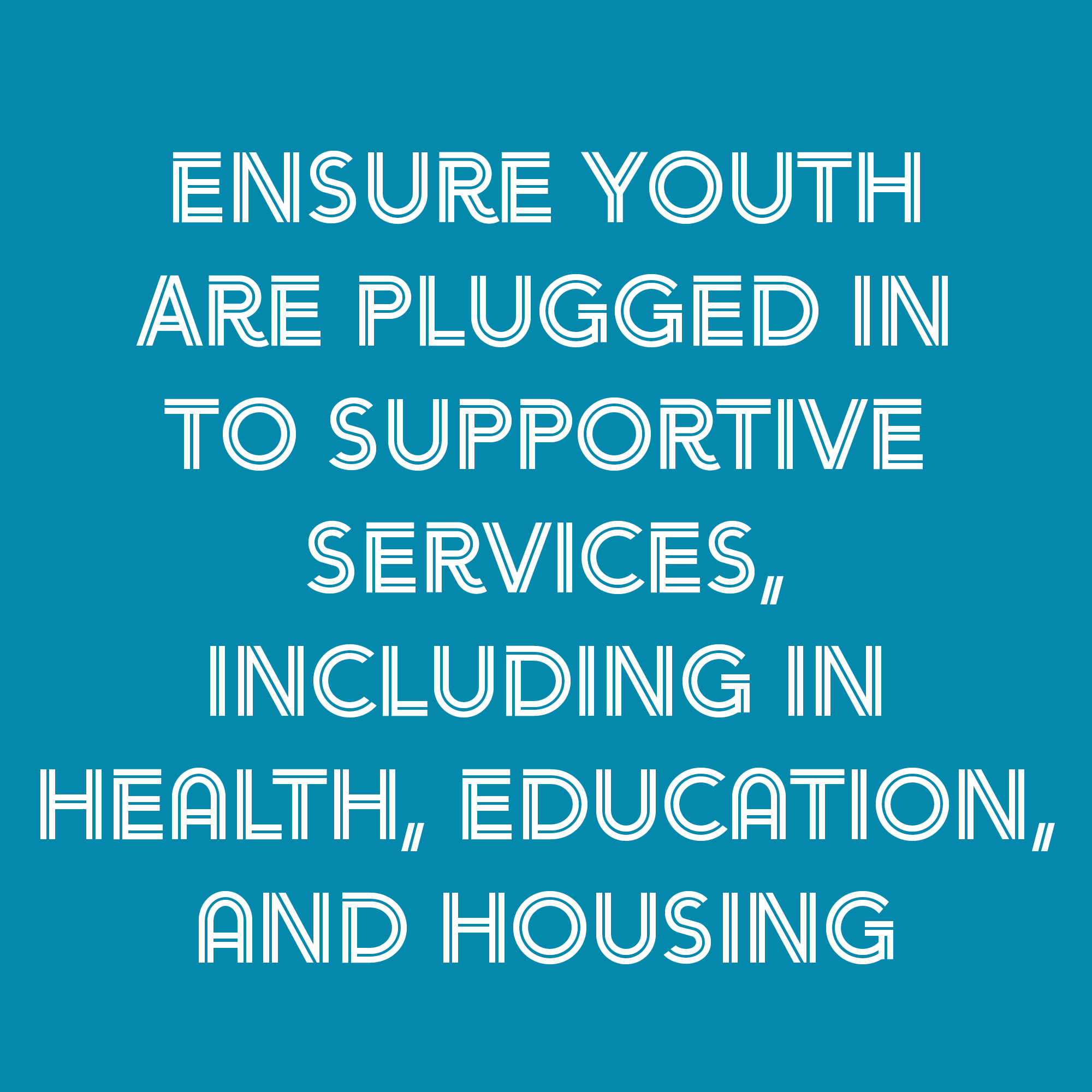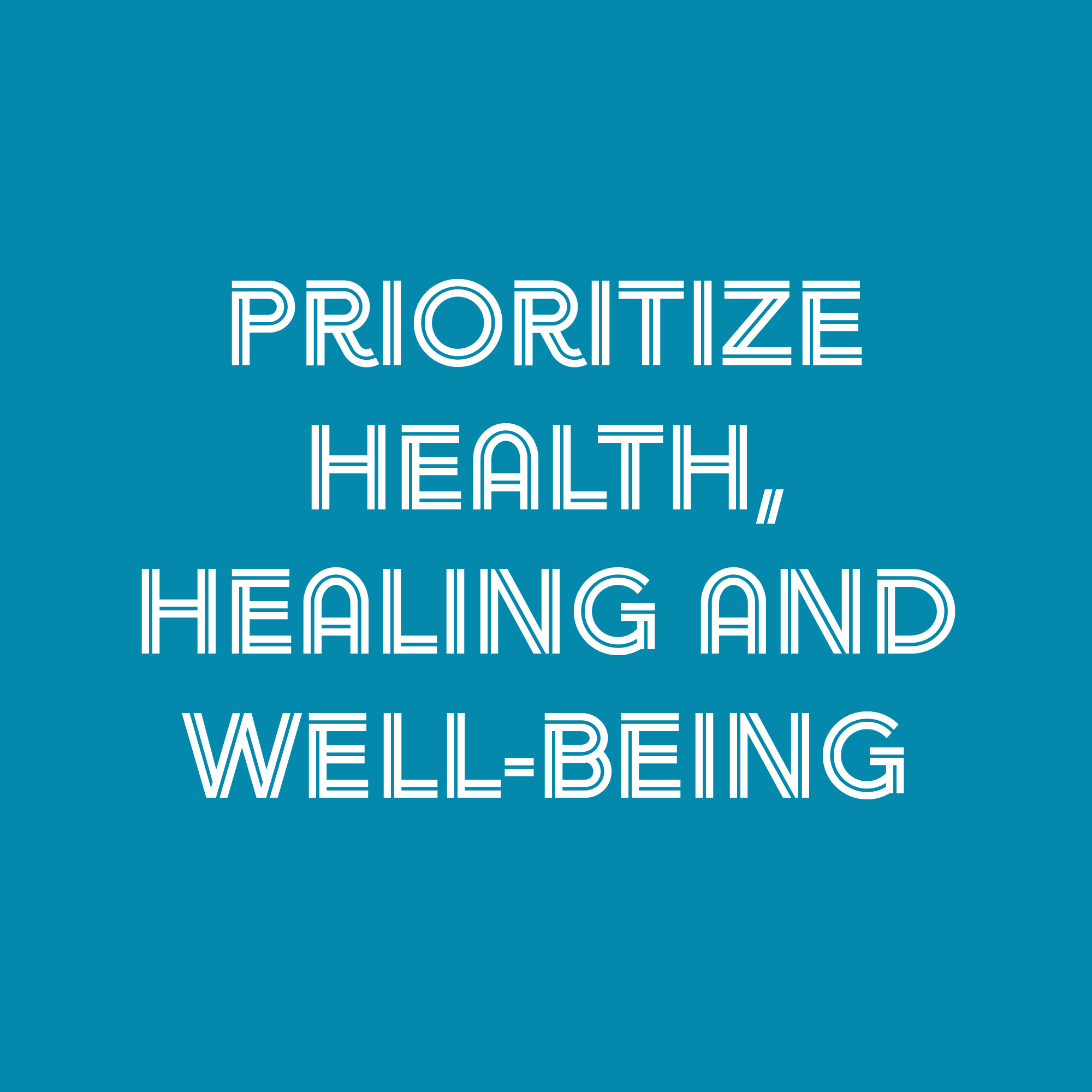Providing a Supportive Environment on Campus to Students with Experience in Foster Care in Michigan
The Journey to Success Campaign advocates for federal policy change to achieve better outcomes for youth who have experienced foster care. Many of our recommendations include policies and practices that are already being implemented in states and communities across the country, but could benefit from being available to all youth who spend time in foster care. Our Spotlight on Success series highlights programs and policies that exemplify the recommendations in the Journey to Success policy framework.
Young people with foster care experience face unique challenges attaining a college degree compared to their peers who didn’t experience systems involvement. Research confirms that while young people may be highly motivated to attend college, the lack of supportive guidance and traauma histories may make transitioning out of foster care while navigating a college system daunting, all of which can negatively impact academic performance. Without a network of supportive adults, challenges include financial barriers, lack of preparedness for the rigors of a college environment, and lack of stable housing during times when campus is normally closed. Since the late 1990s, there has been a growing movement to make campuses more supportive of young people transitioning from the foster care system, and a growing network of colleges and universities that are learning from each other about what works to help young people make it to college graduation.
Western Michigan University’s (WMU) Center for Fostering Success’ Seita Scholars Program is a great example of how a campus can create a welcoming environment for young people with foster care experience. The Seita Scholars Program services WMU students ages 17-25 who have spent time in foster care as a teen, and meet other eligibility requirements. In addition to the $5,000 scholarship provided each semester, Seita Scholars can access a variety of specially designed services and supports that are uniquely focused on meeting the needs of youth who have experienced foster care, such as:
The ability to remain in campus housing and receive meals during the school’s winter and summer breaks (with additional social activities and after-hours emergency support provided during the winter break);
Trained and certified Campus Coaches who meet regularly with students, provide holistic coaching on educational and other areas (e.g., jobs, housing), and offer 24-hour support as needed;
Graduation planning and preparation support (including additional incentives for higher levels of participation in this optional benefit);
Identity groups (e.g., scholars who are parenting, LGBTQ+ scholars)
Academic assessments and support; and
Assistance with emergency funding needs.
Scholars are expected to be enrolled full-time and maintain a 2.0 GPA, but the program does make exceptions because they recognize “that a Seita Scholar’s academic performance can be impacted by many factors, including the student’s trauma history.” Recognizing the obstacles that students with experience in foster care have to overcome, Michigan DHHS provides funding for one Campus Coach and a DHHS Liaison who, among other responsibilities, helps Seita Scholars connect to state and federal supports such as Education and Training Vouchers, Medicaid, and SNAP. The program is also supported financially and through in-kind support by multiple University departments, private foundations, and individual and organizational donors. Program results are impressive: nearly 50% of the Seita Scholars receive their undergraduate degree within six years, compared to 2-9% of the broader population of young people who have had foster care experience.
Campus support programs are active at colleges in universities in many states. Fostering Academic Achievement Nationwide (FAAN) and Fostering Success Michigan, with support from Casey Family Programs, maintain a directory of these programs. Several states also have backbone organizations, similar to Fostering Success Michigan, that provide resources, support, and connections to groups across the state in support of improving educational and career outcomes for students who have experienced foster care. FAAN’s membership includes a number of these backbone organizations. Additionally, many other groups have received training on and are working to implement the coaching model that is so central to Seita Scholar Program’s success.





